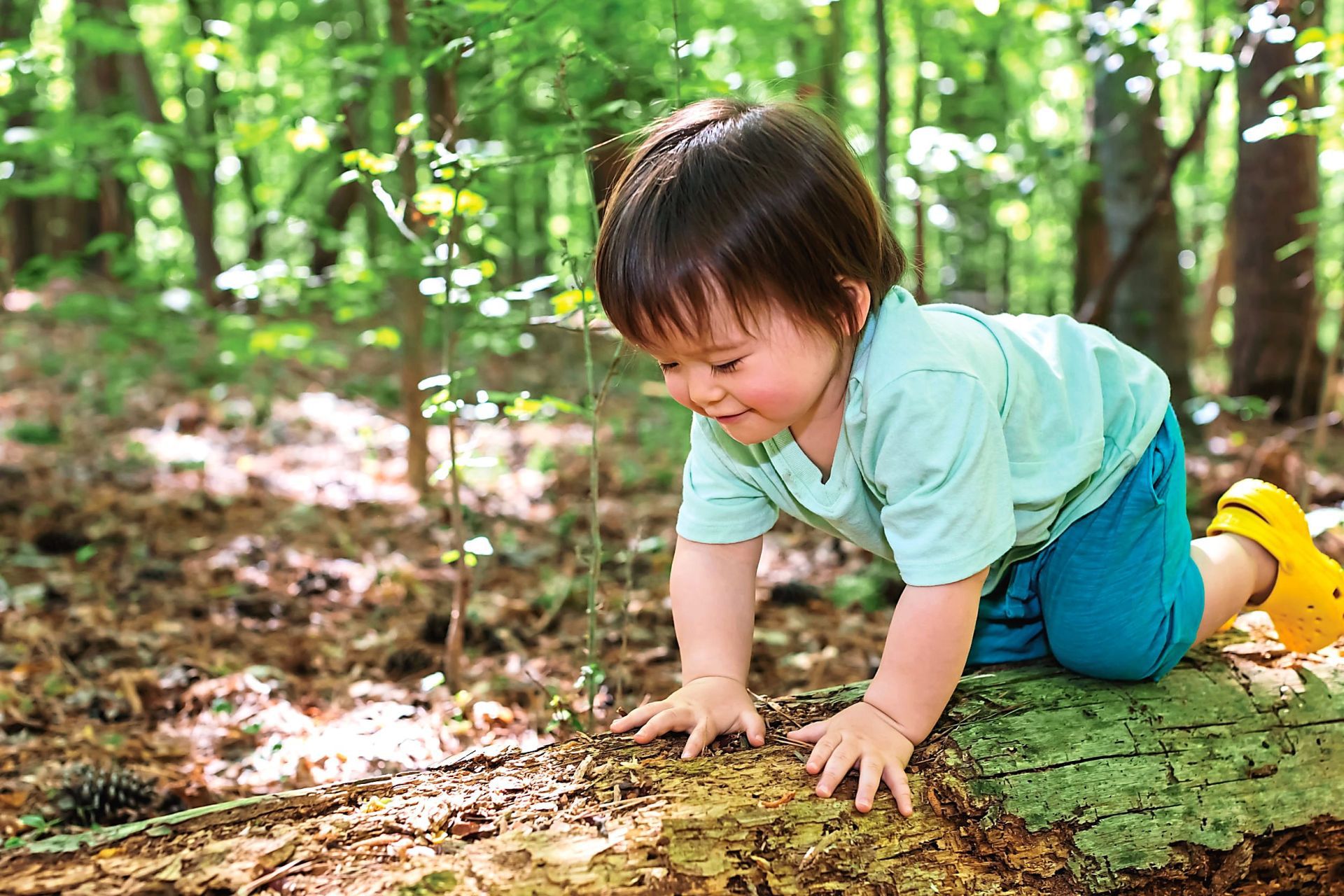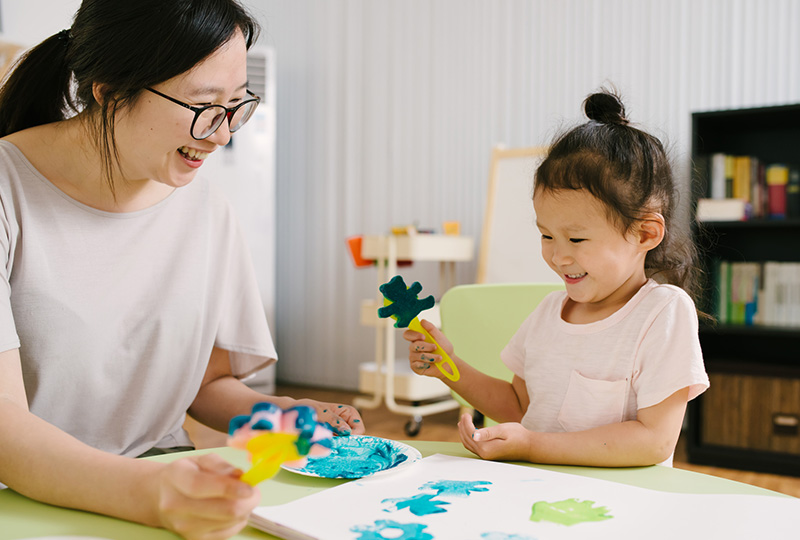What your child experiences in early years shape the kind of person he will become – how he gets along, how he controls emotions, how well he does in school, what kind of relationships he forms, and even what kind of parent he will become. That’s why how you help your child develop intellectually affects him through adulthood. The ways “How to Train Your Kid to be Smart” we share below hope to Help Boost Your Child’s Intelligence.
How to Train Your Kid to be Smart
Interact with your kid, play with him (her), and make him feel loved
Scientists observed that babies who were not cuddled, played with, and loved to have stunted brain growth. They also observed that babies who were not held and did not receive attention failed to grow, became depressed, and eventually died. On the other hand, many studies have shown that loving, hugging, interacting, and playing with your child has a strong effect on developing his intelligence. The loving connection formed between you and your kid and your one-on-one interaction with him provides the foundation for his higher thinking skills. Parents who are sensitive caregivers “respond to their child’s signals promptly and appropriately” and “provide a secure base” for children to explore the world.
Teach your child math as early as possible
Math is a very important skill to master. Unfortunately, some parents tend to communicate to their kids that math is hard. Avoid unconsciously impressing on your child that he should fear math. According to Northwestern University researcher Greg Duncan “Mastery of early math skills predicts not only future math achievement, but it also predicts future reading achievement” You can inject math into everything, and actually make math fun.
Don’t overprotect
In today’s age of helicopter parenting, many parents (including myself) have difficulty allowing our kids to solve problems, but rather rush to fix challenges for them.
Drawing on a Harvard University study, Julie Lythcott-Haims argues that allowing kids to make mistakes and develop resilience and resourcefulness is critical in setting them up for success.
Foster your child’s creativity
Creativity is a valued mental characteristic in the arts, science, and any endeavor that involves problem-solving as a whole. Kids are naturally creative. Although some kids are genetically more talented than others, it can be a learned behavior that can be nurtured from childhood. Some of the ways to nurture creativity include exposing your child to literature, music, and the arts, and making tools like paper and paint available for him to work on.
Don’t tune out
According to a survey by Common Sense Media, 28 percent of teens said their parents were addicted to their mobile devices. Another recent study by AVG discovered that 32 percent of children surveyed felt unimportant when their parents were distracted by their phones.
As the first generation of parents with 24/7 access to the Internet, it is important for us to know when to disconnect and focus on the family.
Don’t be too hard (or too soft)
Diana Baumrind, in her groundbreaking 1966 study, distinguished between authoritarian (very strict), permissive (very lenient), and authoritative (equally disciplined and loving) parents. In short, authoritarian parents are too hard, permissive parents are too soft, and authoritative is just right.
When a child models their authoritative parents, they learn emotion regulation skills and social understanding that are critical for success.
Praise your child for hard work, instead of “being smart”
Praising your child for effort helps your child see himself as being in control of his success. Kids who are praised for their intelligence tend to do easy tasks and avoid challenges that might endanger their self-image of being smart. Your kid needs to challenge himself, and thus experience failure every now and then. Not experiencing failure means he has not set his goal high enough, and he will not be able to achieve anything worthwhile. Also, praise intermittently so your child’s persistence is not based only on rewards like praise.
Do not maltreat your child
One of the ways How to Train Your Kid to be Smart- Maltreatment of children can have long-term effects on their brain. Teens who were abused in childhood or were neglected can have fewer brain cells in some areas of the brain than those who were not maltreated, according to the study published in the Archives of Pediatric & Adolescent Medicine. In boys, the brain size reduction tends to be concentrated on the areas of the brain associated with impulse control or substance abuse. In girls, the brain reduction is found in the areas of the brain that is linked to depression.











